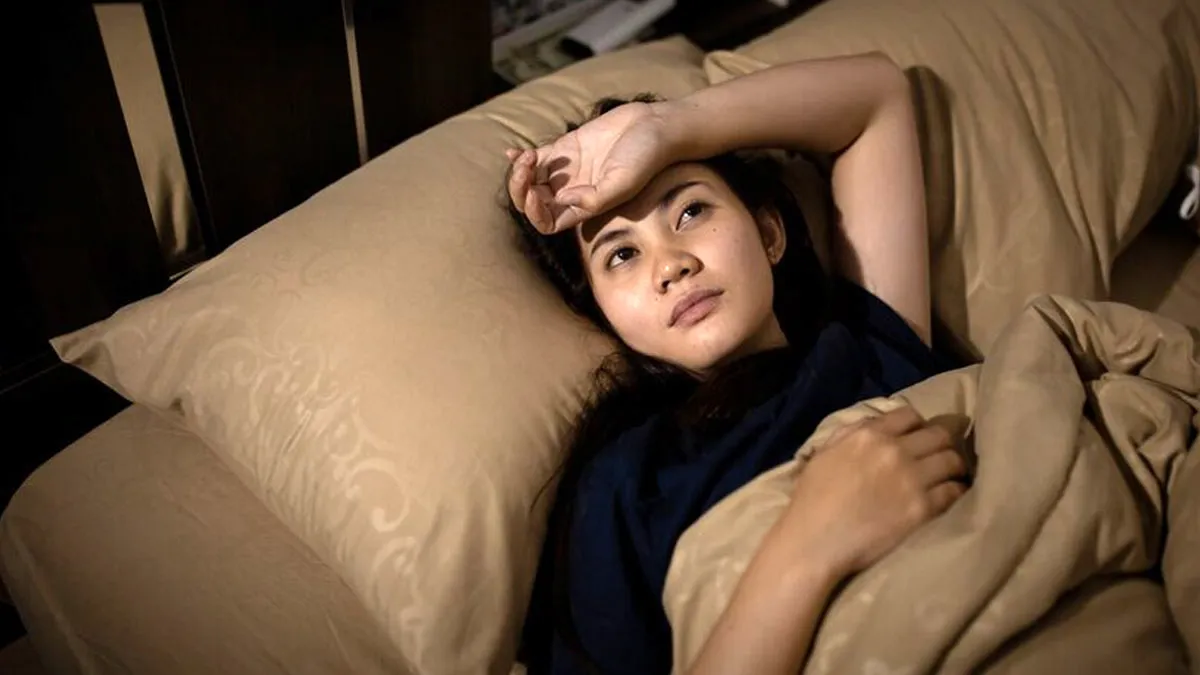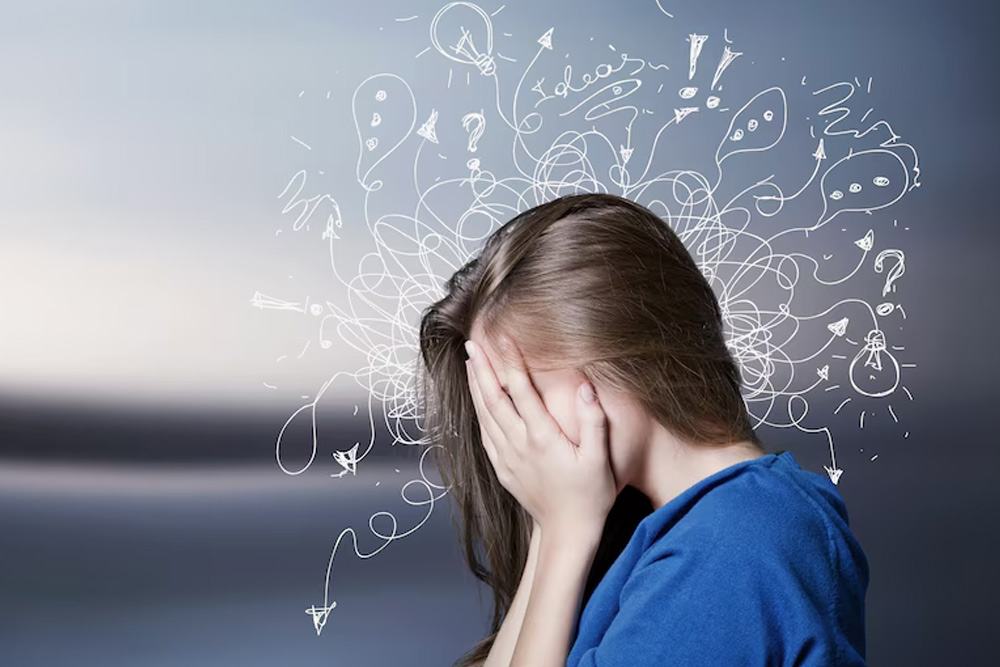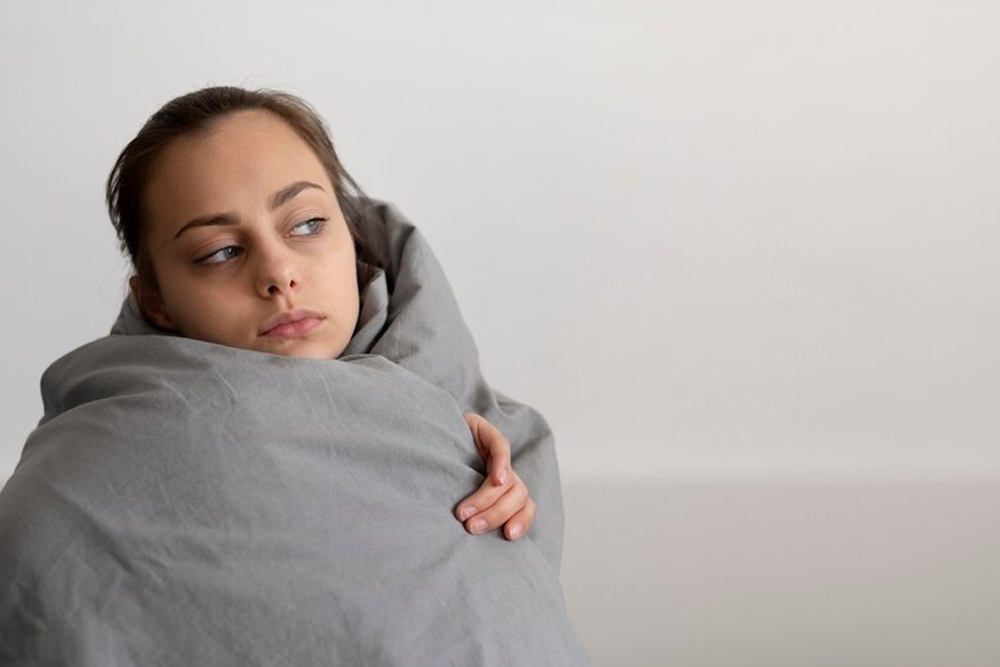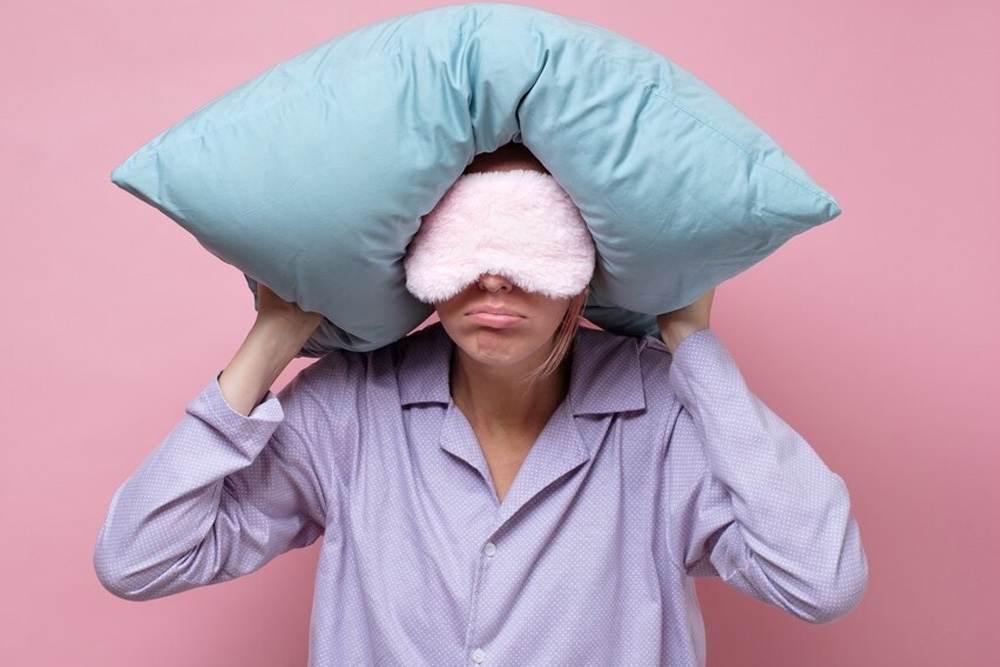
Attention-Deficit/Hyperactivity Disorder (ADHD) is a common neurodevelopmental disorder that affects people's behaviour and leads to symptoms such as inattention, hyperactivity, and impulsivity, which means acting hastily on something without giving it a thought. But as simple as it sounds, ADHD isn't that easy to diagnose, and while you may think you have it, it is best to consult a professional.
Table of Content:-
CHECK YOUR
MENTAL HEALTH

One of the common challenges associated with ADHD is sleep disturbances. While not all sleep problems are directly related to the condition, the two are often interconnected. Recognising and addressing these issues early is crucial for managing overall well-being.
Also Read: Mental Health Matters: How ADHD Amplifies Intrusive Thoughts and Ways to Handle Them
Common And Lesser Known Signs Of ADHD

ADHD can be severe and may affect daily functioning. It can cause noticeable problems with school, work, and relationships and can be identified by various behavioural changes. Some of its common signs include:
- Difficulty maintaining attention
- Fidgeting or apparent restlessness
- Easy frustration or irritability
Other lesser-known signs include:
- Lack of planning or organisation
- Reduced emotional quotient
- Hypersensitivity to criticism
Can ADHD Impact Sleep?

According to the Sleep Foundation, people with ADHD often face sleep challenges that can worsen with age, including shorter sleep duration, difficulty falling or staying asleep, and an increased risk of sleep disorders like insomnia. Nightmares are common in children with ADHD, especially those with insomnia, and early childhood sleep issues may predict future ADHD symptoms, the charity adds, sharing that sleep problems vary by ADHD type: inattentive ADHD is linked to late bedtimes, hyperactive-impulsive ADHD to insomnia, and combined types to poor sleep quality and late bedtimes.
Giriprasad, Psychologist, Aster Whitefield Hospital, Bengaluru, says, "Most adults with ADHD experience racing thoughts and hyperactivity, which makes it hard for them to relax at the end of the day, thus delaying sleep. In addition, ADHD is often linked with circadian rhythm disorders, such as delayed sleep phase syndrome, which results in disturbances of the natural sleep-wake cycle and makes it almost impossible for them to follow a normal schedule."
"Comorbid conditions, such as anxiety and depression, also exacerbate the problem of insomnia. Physical illnesses, such as sleep apnoea and Restless Legs Syndrome (RLS), are more common in ADHD-diagnosed patients and add on to sleep problems," he adds.
Since ADHD and sleep deprivation share symptoms like forgetfulness and trouble concentrating, misdiagnoses are possible. This is why experts recommend screening for sleep issues before starting ADHD medication.
Are Medications For ADHD To Blame For Your Sleep Problems?
There have been cases where patients experience a 'calming effect' after taking stimulant medications that are commonly prescribed for ADHD. However, in many people with ADHD, such medications can worsen or interfere with sleep, says Giriprasad. "They sometimes force the person to not be able to fall asleep or maintain sleep due to its stimulating effect, especially when taken late at night. That's one of the side effects amongst the users of stimulant medication for treating ADHD."
Also Read: ADHD In Women: Understanding Symptoms, Challenges, And Why It Is Often Misdiagnosed
How People With ADHD Can Improve Their Sleep

Listed below are some of the strategies people with ADHD can incorporate in their routine to improve their sleep:
- Follow a consistent sleep and wake-up time that helps regulate biological rhythms.
- Form an effective bedtime routine consisting of reading, a warm bath, listening to relaxing music, and mentally preparing the body to go to bed.
- Avoid screen time an hour before going to bed.
- Create a favourable environment by making the bedroom dark and quiet with an ideal temperature.
- Use up the body’s energy through daily exercise, especially during daytime
- Avoid regular or vigorous activity close to bedtime.
- Limit caffeine, refined sugar, and heavy meals, especially before bedtime.
- Include midnight snacks rich in sleep-inducing nutrients such as magnesium or tryptophan.
- Consult a professional on behavioural therapies for treating insomnia.
Additionally, and most importantly, if you have ADHD, discuss your medications with your doctor or healthcare provider. Some medications for ADHD can negatively impact one’s sleep, so ensure that you explore and consider other helpful treatment strategies.
Also watch this video
How we keep this article up to date:
We work with experts and keep a close eye on the latest in health and wellness. Whenever there is a new research or helpful information, we update our articles with accurate and useful advice.
Current Version